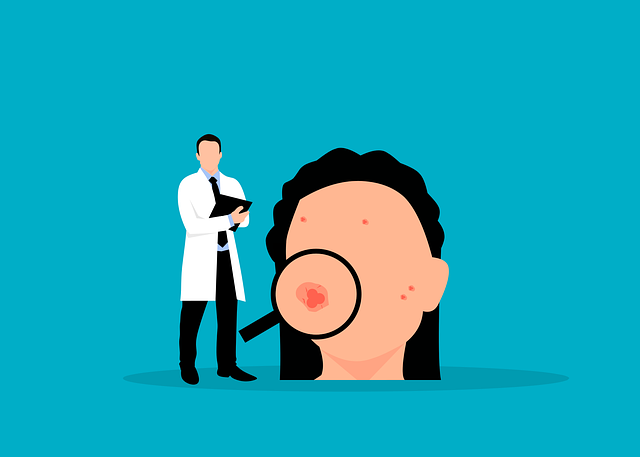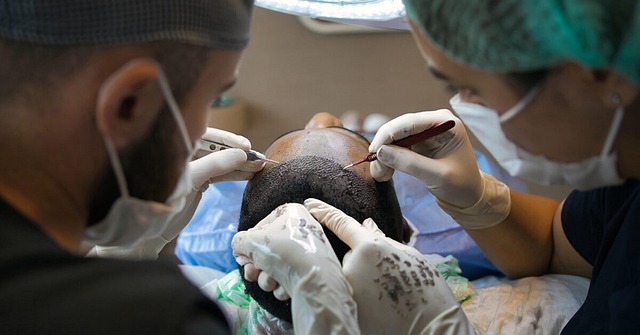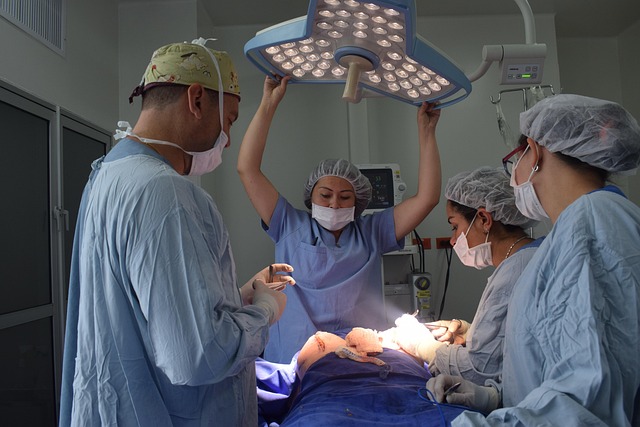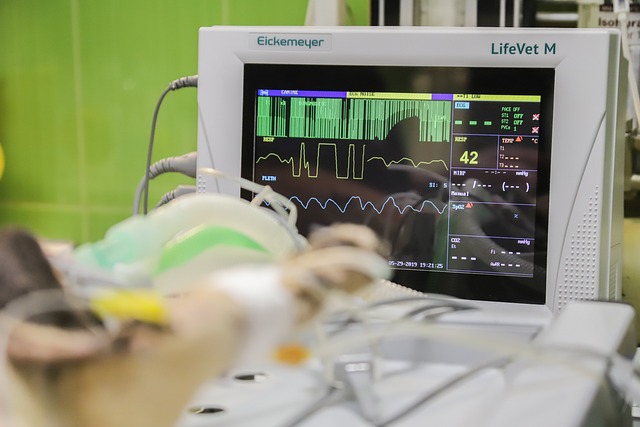Understanding recurrence factors like genetics and hormones is key to preventing skin tags after removal. Painless procedures in Chelmsford, Coventry, or Southend offer advanced techniques. Post-removal care includes clean, dry areas, avoiding irritation, and using recommended creams. Irritating products and scratching must be avoided. Balanced diet and hydration aid prevention. Regular check-ups with professionals in Newark or beyond are crucial for early recurrence detection. Long-term strategies include regular exfoliation and a vitamin-rich diet.
Skin tags can be a nuisance, but their recurrence after removal is preventable. This guide explores comprehensive strategies to stop skin tags from coming back. From understanding the factors that contribute to recurrence to adopting a meticulous post-removal care routine, you’ll learn effective ways to maintain smooth, tag-free skin. We also delve into long-term prevention techniques, emphasizing the importance of nutrition and regular check-ups for early detection. Discover the secrets to achieving a painless skin tag removal procedure and keeping your skin healthy.
- Understand Skin Tag Recurrence Factors
- Proper Post-Removal Care Routine
- Avoid Irritants and Harsh Products
- Maintain Healthy Skin with Nutrition
- Regular Check-ups for Early Detection
- Consider Long-term Prevention Strategies
Understand Skin Tag Recurrence Factors

Understanding Skin Tag Recurrence Factors is key to preventing future growth after removal. While some individuals may be more predisposed to developing skin tags due to genetic factors or hormonal changes, certain behaviors and environmental influences can also play a role. For instance, frequent friction or irritation in specific areas, such as the neck or armpits, increases the likelihood of recurrence. This is why it’s essential to recognize triggers and make lifestyle adjustments post-removal.
When considering the best practices for choosing a painless skin tag removal method, like those offered at private clinics in Chelmsford or Coventry, remember that professional procedures significantly reduce the chance of recurrence. Skilled practitioners employ advanced techniques to ensure effective removal, minimizing the risk of tags returning. Following their guidance on aftercare and lifestyle changes is paramount to maintaining clear, smooth skin.
Proper Post-Removal Care Routine

After a painless skin tag removal procedure, establishing a proper post-removal care routine is essential to prevent recurrence. It’s crucial to keep the treated area clean and dry, using mild soap and warm water to gently wash the site daily. Avoid scratching or irritating the skin, as this can trigger regrowth. A gentle, hydrating cream or ointment applied twice daily can help soothe and protect the area, promoting healthy healing.
In addition to these measures, consider avoiding tight clothing that could chafe the treated skin tag. Also, steer clear of direct sunlight during the recovery period, using sunscreen to protect the surrounding skin. If you notice any signs of infection—such as redness, swelling, or discharge—consult a healthcare professional immediately. Remember, consistent care and attention are key to ensuring your skin tags don’t return, especially when considering options like private skin tag removal southend-on-sea, coventry skin tag clinic, or wolverhampton skin tag removal services.
Avoid Irritants and Harsh Products

After a painless skin tag removal procedure, it’s crucial to avoid products that can irritate the treated area and potentially trigger recurrence. This includes harsh cleansers, fragrances, and even certain fabrics that may cause friction. Opt for gentle, mild soaps and moisturizers recommended by your dermatologist to soothe the skin.
Professionals safely remove stubborn skin tags through various methods, including freezing, cutting, or burning them off. To prevent post-removal complications and recurrence, it’s essential to follow their advice regarding aftercare. This typically involves keeping the area clean, avoiding scratching or picking at the site, and using protective clothing to minimize friction until the tag is fully healed.
Maintain Healthy Skin with Nutrition

Maintaining healthy skin is a crucial step in preventing the recurrence of skin tags after their removal. A balanced diet rich in vitamins and minerals can help fortify your skin’s natural defenses. Foods high in antioxidants, such as berries, leafy greens, and citrus fruits, can protect against damage caused by free radicals, which may play a role in skin tag development. Staying hydrated is also essential; drinking plenty of water helps keep the skin supple and promotes cell regeneration.
Consider exploring non-surgical options for skin tag removal near you, like those available at private clinics in Edinburgh or Gloucester. These methods, including advanced laser treatments, offer painless procedures that can effectively remove skin tags without incisions. By combining these strategies—maintaining healthy nutrition and exploring modern removal techniques—you can actively manage the occurrence of skin tags and reduce the likelihood of recurrence.
Regular Check-ups for Early Detection

Regular check-ups are an essential step in preventing skin tag recurrence after their initial removal. Many people overlook this crucial aspect, but it’s a vital part of maintaining healthy skin. A skilled professional at a reputable woking skin tag clinic or private skin tag removal bristol service can inspect your skin and identify any new growths early on. This timely detection allows for prompt action, ensuring that even the tiniest tags are removed before they have a chance to turn into larger problems.
Remember, a painless skin tag removal procedure is now accessible, and with regular check-ups, you can effectively manage and prevent recurrences in Newark-on-Trent or anywhere else. This proactive approach to skincare will help keep your skin clear and maintain that confident glow!
Consider Long-term Prevention Strategies

After successfully removing a skin tag with a painless procedure like those offered at reputable clinics such as Birmingham Skin Tag Clinic, Wakefield Skin Tag Removal services, or Manchester Skin Tag Clinics, it’s essential to develop a long-term prevention strategy. While individual cases vary, there are several practices that can help deter the regrowth of skin tags. Regular exfoliation and keeping the affected area clean are fundamental steps. This process helps remove dead skin cells and prevents the accumulation of keratin, which can contribute to skin tag formation.
Additionally, maintaining a healthy diet rich in vitamins and minerals is beneficial. Certain nutrients play a crucial role in skin health and regeneration. Vitamins C and E, for instance, possess antioxidant properties that protect the skin from damage caused by free radicals. Incorporating these strategies into your post-removal care routine can significantly reduce the likelihood of skin tag recurrence.
Preventing skin tag recurrence after their removal is key to maintaining healthy, worry-free skin. By understanding the factors that contribute to their reappearance and adopting a thorough post-removal care routine, including proper cleansing, avoiding harsh irritants, and maintaining optimal nutrition, you can significantly reduce their return. Regular check-ups with a dermatologist allow for early detection, while long-term prevention strategies like topical treatments and lifestyle adjustments further safeguard against skin tag recurrence. Remember, a painless skin tag removal procedure is just the first step; proactive care ensures lasting results.
